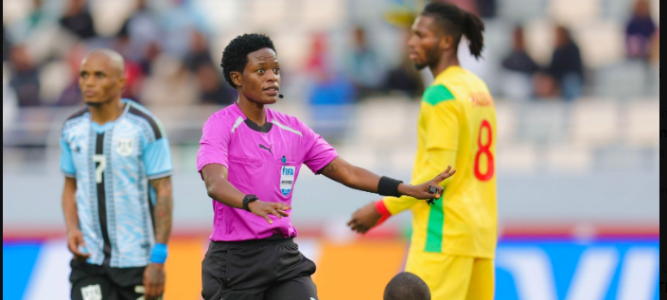In March last year, Frank Ssebuufu made headlines when he joined New York Red Bulls II from Wakiso Giants, becoming a symbol of hope for Ugandan footballers seeking international success. But barely two years later, he is back home, joining the long list of players whose stints abroad end prematurely. While talent is not in question, factors such as limited opportunities, cultural adjustments, and systemic challenges often force many Ugandan players to cut their journeys short.
One major hurdle is the fierce competition in the global football market, where players from established football nations dominate. Limited exposure and weaker football infrastructure in Uganda further exacerbate the situation. Even when players secure contracts, work permit issues and unfavorable terms—often due to a lack of skilled agents—hinder their long-term success. Financial realities abroad, including the high cost of living and relatively low earnings in lower-tier leagues, also make staying abroad unsustainable for many.
Yet, some Ugandan players have defied the odds and thrived abroad. Legends like Ibrahim Ssekajja, now a coach at New York Red Bulls, and Denis Onyango, Africa’s most celebrated goalkeeper, have excelled due to their discipline, resilience, and adaptability. Others, like David Obua, who shone at Kaizer Chiefs, and Majidu Musisi, who made history at Stade Rennes, combined raw talent with professionalism to secure long-lasting careers. Their ability to embrace new environments and cultures set them apart from those who struggled to adjust.
At home, the lack of emphasis on fitness and sports science during a player’s formative years limits their capacity to sustain professional careers abroad. Additionally, Uganda’s underdeveloped football infrastructure and systemic mismanagement make it difficult for players to compete with their peers from countries with robust systems. While legends like Ssekajja and Onyango have succeeded, they remain the exception rather than the norm.
For players like Ssebuufu, returning home doesn’t spell failure but highlights the urgent need to address the challenges in Ugandan football. By strengthening local leagues, investing in player development, and preparing athletes for life abroad, Uganda can ensure that more players follow in the footsteps of Ssekajja, Onyango, and Obua, creating a future where Ugandan football talent flourishes both locally and internationally.



